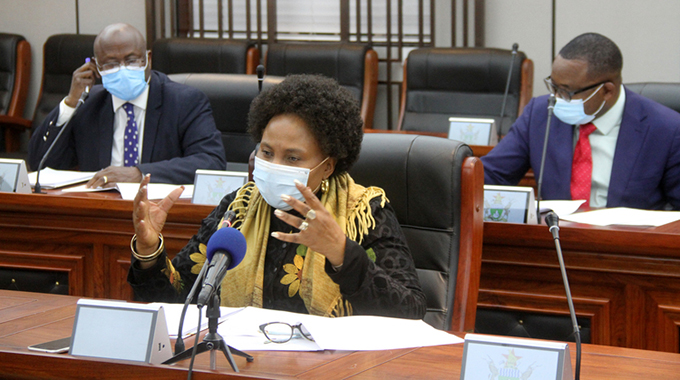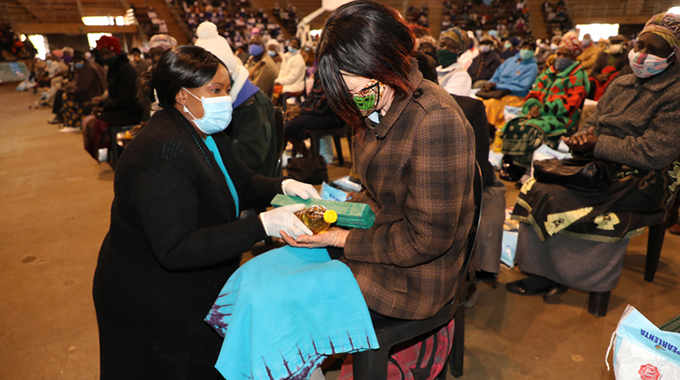Cash transfers to replace roller meal subsidy

Herald Reporter
Government will soon phase out the roller meal subsidy and replace it with a cash transfer programme for vulnerable persons, legislators have heard.
Finance and Economic Development Deputy Minister Clemence Chiduwa said the decision followed some administrative challenges, which saw undeserving persons benefiting from the subsidy.
Deputy Minister Chiduwa said this in the National Assembly on Wednesday during a Question-and-Answer session.
Midlands MP (proportional representation) Catherine Gozho (MDC) wanted an explanation regarding Government’s policy on the maize meal subsidy, considering that there were still shortages of the commodity.
“Treasury has availed resources amounting to $813 110 525 towards the implementation of the new roller meal subsidy,” said Deputy Minister Chiduwa.
“However, given the administrative burden associated with implementing the maize roller meal subsidy, Government is introducing a targeted cash transfer system to vulnerable households. This system will result in the phasing out of the roller meal subsidy as beneficiaries will be given cash to purchase the roller meal on their own.”
Deputy Minister Chiduwa said Government, through his ministry and that of Public Service, Labour and Social Welfare in partnership with NetOne, was in the process of registering vulnerable groups in all urban areas to disburse cash transfers.
“Once registration is complete, the proposal is to cease roller meal subsidy through millers as the vulnerable households will be receiving cash transfer that will enable them to buy roller meal and other basics from the market,” he said.
Deputy Minister Chiduwa said Government introduced the roller meal subsidy in December 2019 following the removal of the grain subsidy to millers through the Grain Marketing Board.
“The motivation of this roller meal subsidy was to remove the subsidy on grain to millers which was judged to be inefficient and ineffective since the targeted beneficiaries were not benefiting from this subsidy,” he said.
“Thus, in the 2020 National Budget, Government indicated that it was going to introduce a new targeted subsidy for roller meal.”
Deputy Minister Chiduwa said the subsidy was targeted at 40 000 tonnes of maize, which was used for milling 32 000 tonnes of roller meal maize at an extraction rate of 80 percent.
“In December 2019, when the subsidy was introduced, it was envisaged that the Government was going to make savings of $70 million per month or $844 million per year from paying subsidies through roller meal instead of grain,” he said.
Deputy Minister Chiduwa said the shortage of roller meal was partly driven by the shortage of grain owing to drought in the 2018/19 and 2019/20 seasons.
“There are also other factors which include malpractices by players within the value chain system,” he said.










Comments